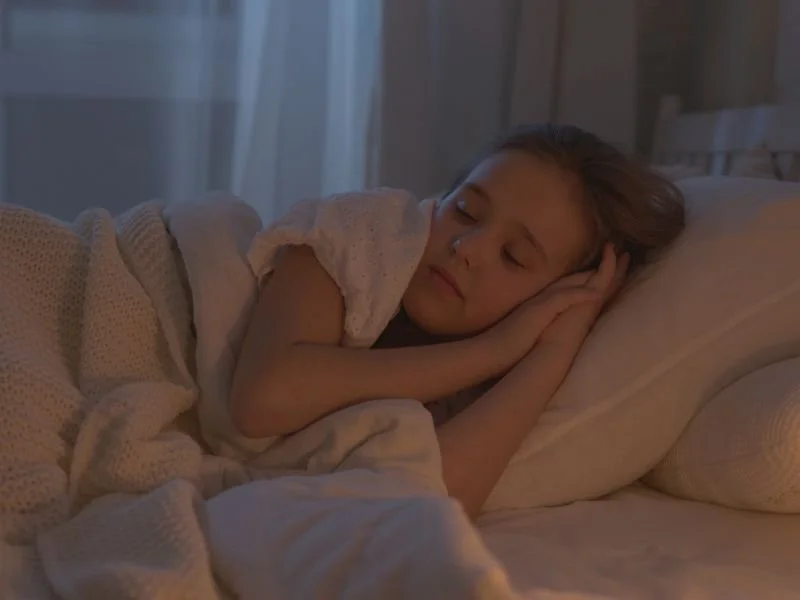Why You Should Be Cautious About Sleeping After a Concussion
A common concern among those who have experienced a concussion is whether it is safe to sleep after the injury. This topic has generated various myths and advice that can be confusing. At Concussion Care, we aim to provide clear, evidence-based information to help you understand the relationship between concussions and sleep, and what precautions to take.
Why Sleep Can Be a Concern After a Concussion
After a concussion, sleep patterns can be disrupted. Some people may experience insomnia, while others might feel an overwhelming need to sleep more than usual (hypersomnia). The brain, after a traumatic impact, requires rest to repair itself. However, there are specific instances when sleep could mask dangerous symptoms, such as:
Severe Headaches or Confusion: These could indicate more severe brain trauma.
Repeated Vomiting: A sign of possible increased intracranial pressure.
Difficulty Being Woken Up: Could signal a more serious underlying condition.
The Initial 4-Hour Rule
Initial advice often suggests staying awake for at least four hours post-injury to monitor symptoms and ensure that no immediate complications develop. This period allows medical professionals to assess if the injury is mild or needs urgent attention.
Can You Sleep After the First 4 Hours?
Yes, it is usually safe to sleep after the first few hours, as long as:
Symptoms Are Monitored: You have someone nearby who can check on you periodically.
Red Flags Are Watched: Be aware of worsening symptoms like severe headaches or increasing drowsiness.
How Sleep Helps Concussion Recovery
Brain Rest: Sleep helps reduce inflammation and aids in brain healing.
Stabilising Mood and Cognition: Proper rest can minimise irritability, mood swings, and cognitive difficulties.
What To Do If Sleep Patterns Are Affected
Sleep disruption is common after a concussion. If you experience prolonged sleep issues:
Consult a Specialist: Persistent sleep problems should be discussed with a healthcare provider.
Maintain Sleep Hygiene: Limit screen time before bed, establish a sleep routine, and avoid caffeine in the evening.
Use Short Naps Wisely: If needed, keep naps to 20-30 minutes to avoid impacting nighttime sleep.
When to Seek Medical Attention
Seek immediate medical attention if:
Your symptoms worsen significantly.
You cannot be woken up.
You experience seizures or sudden behavioural changes.
At Concussion Care, we emphasise a balanced approach to rest and activity during concussion recovery. Knowing when and how to rest is essential for effective healing and avoiding potential complications.

